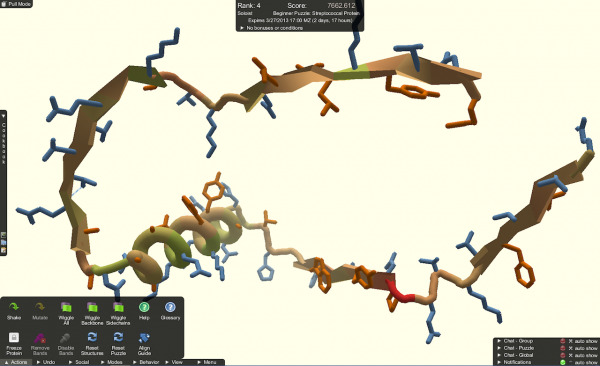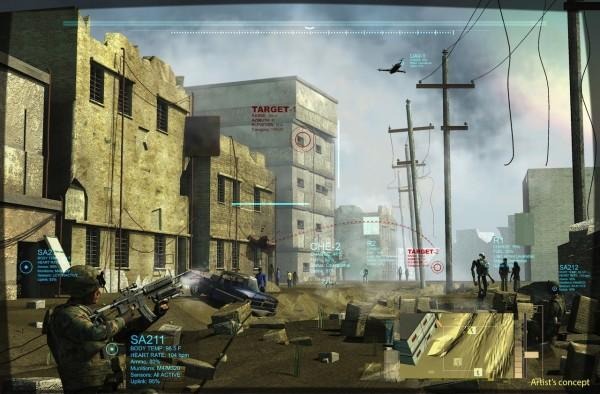The Real Ender's Game: DARPA Kids Testing Tomorrow's MIL-TEC
A new report into DARPA-funded research draws deep connections between computer games for children and advanced military software, a modern day Ender's Game using STEM to improve US soldier training. These aren't pre-teens inadvertently directing fleets of starships to destroy alien planets, though, with the kids instead said to be unknowingly helping develop software which will train military personnel on things like avoiding counter-insurgency and pacifying occupied territories.
Vice's Motherboard went behind the scenes at Sieg Hall at the University of Washington and, specifically, the Center for Games Science there. It's responsible for Foldit, a crowdsourced puzzle game which used the collective wisdom of players to tackle thorny scientific mysteries.

Now, the games team is working on a project funded by DARPA as well as the Bill & Melinda Gates Foundation into ways to promote "adaptive learning", which will be used in a DARPA program called ENGAGE.
According to Motherboard, the grade-school kid players are actually test subjects improving the mechanisms which will drive counterinsurgency simulations used by the American military. ENGAGE explores how STEM (science, technology, engineering, and math) tuition could be used to improve adaptive tutoring when dealing with thousands of subjects, applying them to military training contexts instead.
For the Center for Games Science, the goal is to make education more fun and engaging for young people. DARPA, however, is hoping to create something along the lines of the "Digital Tutor" it outlined in 2011, helping a smaller number of expert soldiers to better understand and control foreign territories under their control or protection.
"We wanted to develop new methods that are game-based to accelerate learning and have something that adapts," ENGAGE program director Daniel Ragsdale told Motherboard.

It's not the first time the military and DARPA have looked to computer games to better improve soldier training. Squad X, for instance, is a project that envisages how mobile sensors, 3D environments and maps, and computerized identification of risk factors could enhance military deployment using Call of Duty style technology.
The agency has also looked at using 3D wearable displays such as Oculus Rift to immerse soldiers in military visualizations, sending them "swimming in the internet" to deal with a new breed of cyber-warfare.
SOURCE Motherboard
MORE Squad X
